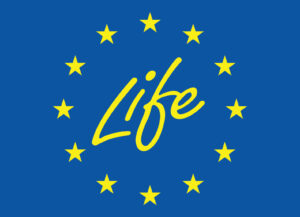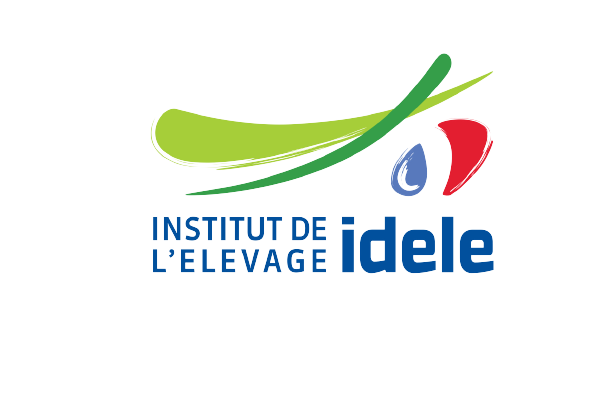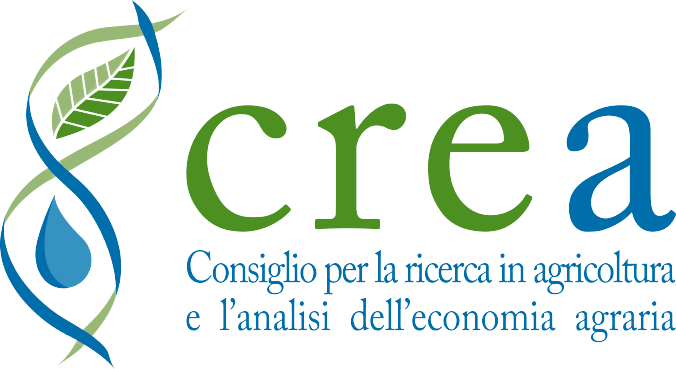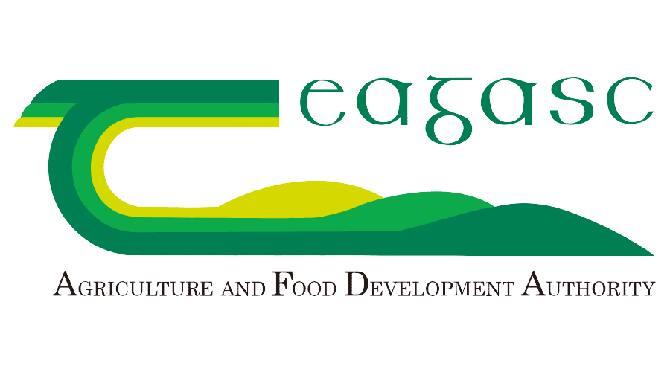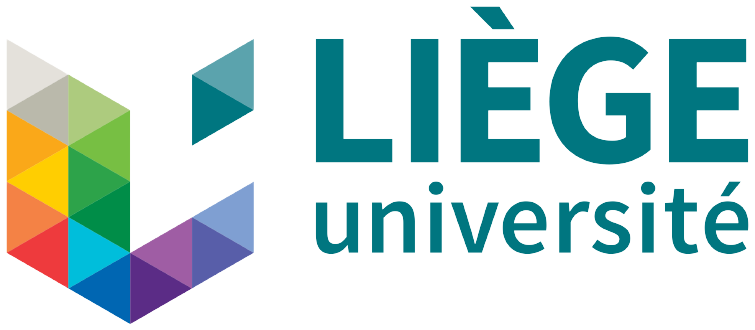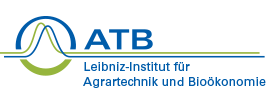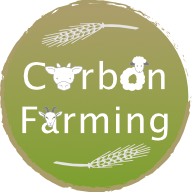What is a project coordinator?
Coordinators : all structures coordinate the project nationally or internationally.
A project coordinator is a researcher, an advisor or a consultant, partner of the steering committee and who connects farmers, producers’ associations, companies, researchers, buyers of carbon credits and any other player in the LIFE Carbon Farming project. He or she has the role of encouraging the exchange of knowledge and transfer between all these actors. He or she is also connected with the European network of project coordinators and is the coordinator of the network in his or her country. He or she participates in the organization of all events and seminars.
What is a project partner?
Partners (research laboratories, universities, companies, institutes, chambers of agriculture, etc.): these are all structures in the project that have funding and participate in the construction of the project.
These partners receive EU funding of 55% of the total project cost and self-finance of 45% of the total project cost.
What is a project developer?
The project developers: in the context of the project, these are structures (consulting companies, laboratories…) that accompany farmers and help them build files concerning carbon credits.
Project coordinators and partners by country
France
‘The mission of the Institut de l’Élevage is to improve the competitiveness of herbivorous livestock and their sectors in a constantly changing context. Its work provides technical and innovative solutions to cattle, sheep, goat and equine farmers and stakeholders. They provide answers to societal questions and current issues, at the service of stakeholders in livestock and its sectors. ‘
‘The Environment department aims to improve the environmental performance of ruminant farming systems in order to meet the challenges of water and air quality, climate change, energy, biodiversity and soil fertility.
The experimental work aims to understand the physical and biological mechanisms to regulate losses to the environment and to evaluate innovative solutions with low environmental impact.
The construction of methodologies and environmental assessment tools makes it possible to provide objective references on the environmental balance of the activity and to equip the agro-ecological transition of farmers.
The deployment activity aims to support all stakeholders in the technical and economic implementation of agricultural practices and technological solutions that meet environmental objectives.
This multidisciplinary activity is organized within the framework of national and European partnerships with the actors of basic research, regional and national administrative bodies, development and agricultural advisory bodies, representatives of the sectors and downstream companies.’
Idele
French Partners:
- Idele:
https://idele.fr/ - Eliance:
https://www.eliance.fr/ - INTERBEV:
https://www.interbev.fr/ - La Coopération Agricole: https://www.lacooperationagricole.coop/
- CNIEL:
https://www.filiere-laitiere.fr/fr/les-organisations/cniel - I4CE:
https://www.i4ce.org/ - Apal:
https://www.asso-apal.fr/ - Chambre d’agriculture du Cantal:
https://extranet-cantal.chambres-agriculture.fr/ - Chambre d’agriculture de Bretagne:
https://www.chambres-agriculture-bretagne.fr/synagri/accueilRegion - CNE
- FNB
- CAVEB:
https://www.caveb.net/bienvenue-caveb/ - FEDER:
https://www.feder.coop/
- SICAREV:
https://www.sicarev.com/ - Seenorest:
https://seenorest.com/ - Littoral Normand:
https://www.littoral-normand.fr/ - Seenovia:
https://www.seenovia.fr/ - Innoval:
https://www.innoval.com/ - Eilyps – Saperfel:
https://saperfel.com/qui-sommes-nous/ - ACSEL:
https://www.acsel-conseil-elevage.fr/ - ADICE:
http://www.fidocl.fr/ArdecheDromeIsere - Loire Conseil Elevage:
http://www.fidocl.fr/content/loire-conseil-elevage-loire - EDE 63:
https://www.ede63.fr/ - Alsoni:
https://www.alsoni.fr/ - FIDOCL (représentant EDE 63):
http://www.fidocl.fr/content/fidocl-conseil-elevage
Contact:
Anaïs L’HÔTE
Institut de l’Elevage (Idele)
Email: anais.lhote@idele.fr
Phone: +33 6 64 24 76 80
Spain
“The Spanish Association of Beef and Veal Producers (ASOPROVAC) is the most representative professional organization in the Spanish beef sector, representing 70% of the country’s production and with more than 3,000 partners throughout the country. ASOPROVAC is an association of companies formed in turn by associations of autonomous scope, currently with delegations in Aragon, Castilla La Mancha, Castilla y León y Cataluña, as well as associated producers in the rest of Spain. Its sovereign bodies are the General Assembly and its Board of Directors, which delegate to the Executive Committee the task of guiding, defining and developing the basic lines of action at the national level. ASOPROVAC’s ultimate goal is to defend the interests of Spanish cattle farmers. Its main function is therefore to represent and defend these interests with the administrations at the regional, national and Community levels.
A team of agricultural and veterinary engineers, specialized in everything related to beef production, puts its knowledge at the service of partners.
Ongoing training and legal advice for producers are also key components of ASOPROVAC’s services.
In a changing and sometimes complex context, the breeder needs accurate information on different aspects of his business, and the Association keeps them regularly informed through its website and magazine, free distribution for partners.”
ASOPROVAC
Spanish Partners:
- AINTA
- ASOPROVAC CYL:
https://asoprovac.com/5216-asamblea-general-y-jornada-tecnica-asoprovac-cyl - ASOPROVAC CAT:
https://www.asoprovaccatalunya.com/cat - SERIDA:
http://www.serida.org/ - GLOBAL FACTOR:
https://www.globalfactor.com/fr/ - AGACAL:
https://mediorural.xunta.gal/gl/conselleria/organismos-adscritos/axencia-galega-da-calidade-alimentaria
- LORRA:
https://lorra.eus/ - GESTRUM INTEGRAL SL
- LACTEOS COVAP:
https://www.lacteoscovap.com/ - LACTIBER:
https://www.lactiber.es/ - NEIKER:
https://neiker.eus/en/
Contact:
Matilde MORO
Asociación Española de Productores de Vacuno de Carne (ASOPROVAC)
Email: matilde.moro@asoprovac.com
Italy
“We are the leading Italian research organization dedicated to agri-food supply chains. We operate as a legal entity under public law and are supervised by the Ministry of Agriculture, Food Sovereignty and Forestry (Masaf). Our scientific activity covers agricultural crops, livestock, fishing, forestry, agro-industry, food sciences and socio-economic. We enjoy full scientific, legislative, organizational, administrative and financial autonomy. The ICA was created in 2015, following the merger of the CRA (Council for Agricultural Research) and the INEA (National Institute of Agricultural Economics), two national institutions active since the middle of the last century.”
CREA
Italian Partners:
Contact:
Sara CARÈ
Consiglio per la ricerca in agricoltura e l’analisi dell’economia agraria (CREA)
Email: sara.care@crea.gov.it
Ireland
“Teagasc – the Agriculture and Food Development Authority – is the national organization that provides integrated research, advisory and training services to the agriculture and food industry and rural communities.”
Teagasc
Partners Irish: None
Belgium
“Public university open to the world and rooted in the scientific, cultural and economic development of its region, ULiège relies on its three pillars: teaching, research and citizen engagement.”
ULiège
Belgian partners: None
Germany
‘The Leibniz Institute of Agricultural Engineering and Bioeconomy is a pioneer and engine of bioeconomy research.
We create the scientific basis to transform agricultural, food, industrial and energy systems into a bio-based circular economy.
We develop and integrate management techniques, processes and strategies, effectively converging technologies to intelligently connect highly diversified bioeconomic production systems and control them in a knowledge-based manner, adaptive and largely automated.
We conduct research in dialogue with society – driven by knowledge and inspired by application. ‘
ATB
German partners: None
Contact:
Barbara AMON
Leibniz Institute for Agricultural Engineering and Bioeconomy (ATB)
Email: bamon@atb-potsdam.de

